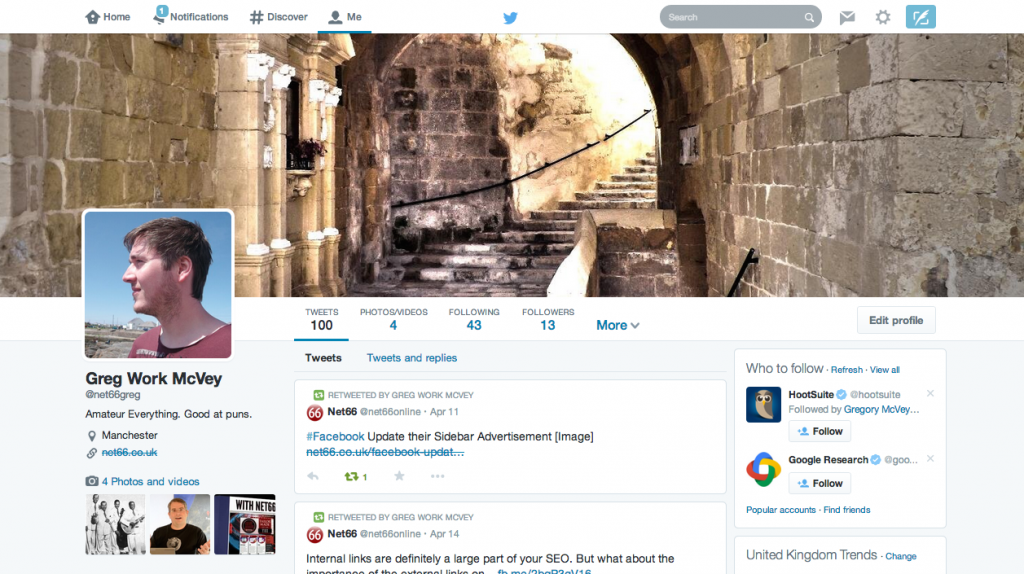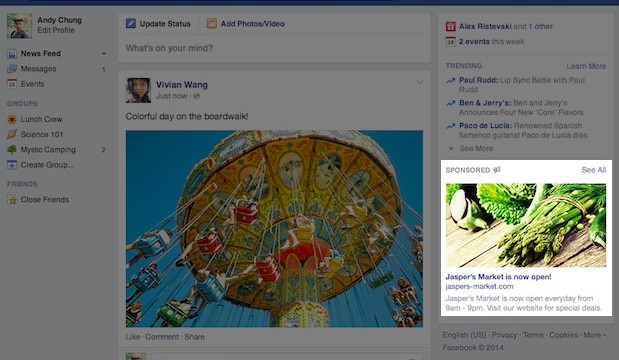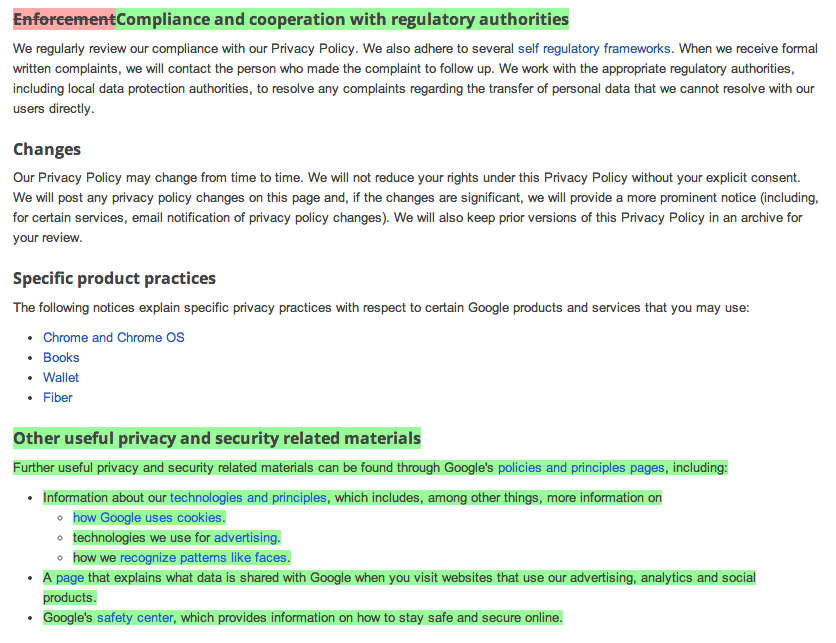It’s hard to argue against the case that backlinks are important to SEO in this day and age. Yes, the landscape of SEO is shifting slightly over to content and how much quality is in it, but links still play a massive part in this.
Look at guest posts. The focus is on content and surely on the quality of that content, but are users dishing out content to organically get their brand out there? Or are they focussing solely on the links that can be put into these posts?
You just have to look at Matt Cutts recent blog post on this to see what Google thinks of people who target guest bloggers for just link building purposes.
The reason that Guest blogging has decayed and fallen is that it works. Really well. So spammers have taken this tactic and absolutely hammered it. Seriously. I get emails left, right and centre from people who have THE best content ever and they’ve chosen my blog to publish it on. Lucky me!
As this tactic is now getting abused so much, it’s harder for Google to determine genuine blog posts from not so genuine ones. So they need other rankings signals to judge on. For instance, Google is working on looking at who might be posting content on websites.
Like Google Authorship, but not. So Google can check the patterns of content, see who’s posting what and then rank that content “in theory” on the content alone. Not with links.
See how else Google will begin to rank results in the future on Matts Video below:
Blog Post by: Greg McVey




